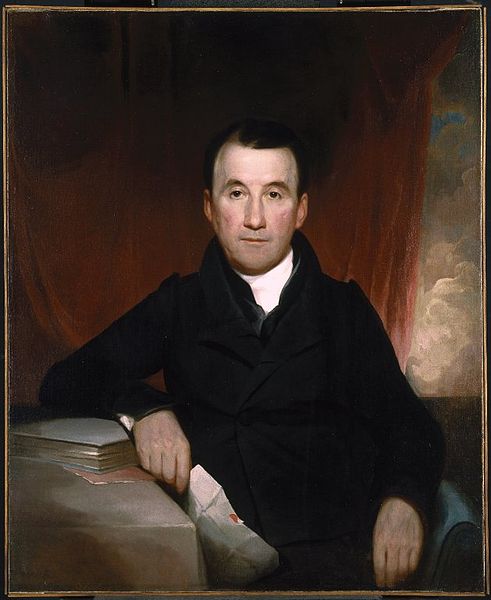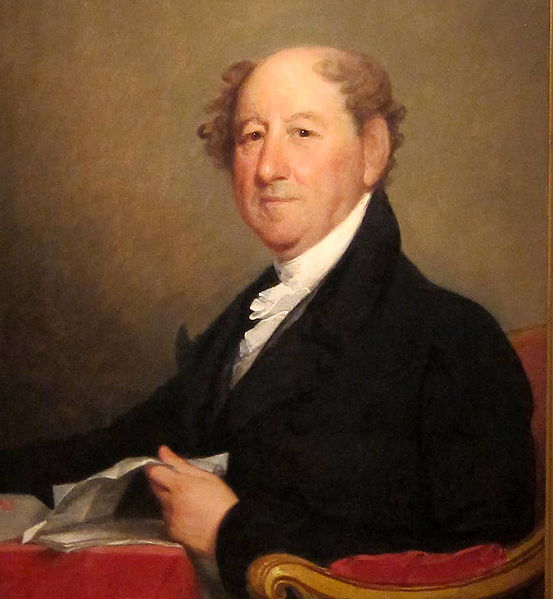Libertas
-
Liberty, the highest of natural endowments, being the portion only of intellectual or rational natures, confers on man this dignity - that he is "in the hand of his counsel" and has power over his actions. But the manner in which such dignity is exercised is of the greatest moment, inasmuch as on the use that is made of liberty the highest good and the greatest evil alike depend. Man, indeed, is free to obey his reason, to seek moral good, and to strive unswervingly after his last end. Yet he is free also to turn aside to all other things; and, in pursuing the empty semblance of good, to disturb rightful order and to fall headlong into the destruction which he has voluntarily chosen. The Redeemer of mankind, Jesus Christ, having restored and exalted the original dignity of nature, vouchsafed special assistance to the will of man; and by the gifts of His grace here, and the promise of heavenly bliss hereafter, He raised it to a nobler state.
In like manner, this great gift of nature has ever been, and always will be, deservingly cherished by the Catholic Church, for to her alone has been committed the charge of handing down to all ages the benefits purchased for us by Jesus Christ. Yet there are many who imagine that the Church is hostile to human liberty. Having a false and absurd notion as to what liberty is, either they pervert the very idea of freedom, or they extend it at their pleasure to many things in respect of which man cannot rightly be regarded as free.For indeed all prescriptions of human reason can have force of law only inasmuch as they are the voice and the interpreters of some higher power on which our reason and liberty necessarily depend. Thus of the laws enacted by men, some are concerned with what is good or bad by its very nature; and they command men to follow after what is right and to shun what is wrong, adding at the same time a suitable sanction. But such laws by no means derive their origin from civil society, because, just as civil society did not create human nature, so neither can it be said to be the author of the good which befits human nature, or of the evil which is contrary to it.
From this it is manifest that the eternal law of God is the sole standard and rule of human liberty, not only in each individual man, but also in the community and civil society which men constitute when united. Therefore, the true liberty of human society does not consist in every man doing what he pleases, for this would simply end in turmoil and confusion, and bring on the overthrow of the State; but rather in this, that through the injunctions of the civil law all may more easily conform to the prescriptions of the eternal law. Likewise, the liberty of those who are in authority does not consist in the power to lay unreasonable and capricious commands upon their subjects, which would equally be criminal and would lead to the ruin of the commonwealth; but the binding force of human laws is in this, that they are to be regarded as applications of the eternal law, and incapable of sanctioning anything which is not contained in the eternal law, as in the principle of all law. Thus, St. Augustine most wisely says: “I think that you can see, at the same time, that there is nothing just and lawful in that temporal law, unless what men have gathered from this eternal law.” If, then, by anyone in authority, something be sanctioned out of conformity with the principles of right reason, and consequently hurtful to the commonwealth, such an enactment can have no binding force of law, as being no rule of justice, but certain to lead men away from that good which is the very end of civil society.
Indeed, where the power to command is wanting, or where a law is enacted contrary to reason, or to the eternal law, or to some ordinance of God, obedience is unlawful, lest, while obeying man, we become disobedient to God. Thus, an effectual barrier being opposed to tyranny, the authority in the State will not have all its own way, but the interests and rights of all will be safeguarded—the rights of individuals, of domestic society, and of all the members of the commonwealth; all being free to live according to law and right reason; and in this, as We have shown, true liberty really consists. But it has come to pass that another liberty is widely advocated in modern times, namely, liberty of conscience. If by this is meant that everyone may, as he chooses, worship God or not, it is sufficiently refuted by the arguments already adduced, for it is a moral obligation of the eternal law to worship the Lord God. It may also be taken to mean that every man in the State may follow the will of God and, from a consciousness of duty and free from every obstacle, obey His commands.
This, indeed, is true liberty, a liberty worthy of the sons of God, which nobly maintains the dignity of man and is stronger than all violence or wrong—a liberty which the Church has always desired and held most dear. This is the kind of liberty the Apostles claimed for themselves with intrepid constancy, which the apologists of Christianity confirmed by their writings, and which the martyrs in vast numbers consecrated by their blood. And deservedly so; for this Christian liberty bears witness to the absolute and most just dominion of God over man, and to the chief and supreme duty of man toward God. It has nothing in common with a seditious and rebellious mind; and in no tittle derogates from obedience to public authority; for the right to command and to require obedience exists only so far as it is in accordance with the authority of God, and is within the measure that He has laid down. But when anything is commanded which is plainly at variance with the will of God, there is a wide departure from this divinely constituted order, and at the same time a direct conflict with divine authority; therefore, it is right not to obey.
However, the patrons of liberalism, those who make the State absolute and omnipotent, and proclaim that man should live altogether independently of God, the liberty of which We speak, which goes hand in hand with virtue and religion, is not admitted; and whatever is done for its preservation is accounted an injury and an offense against the State. Indeed, if what they say were really true, there would be no tyranny, no matter how monstrous, which we should not be bound to endure and submit to. For in divorcing temporal law from the eternal law, they propose that man must submit unflinchingly to the dictates of the state, supressing and destroying the true liberty of which we speak. We saw this dangerous and destructive tendency made manifest in the age of revolutions, with the tyranny of the majority in France leading to the chaos of the reign of terror. We see this error made manifest on this very day in Paraguay, where the states has become the absolute arbiter of law and righteousness.
In light of these modern errors we must therefore urge all the faithful to everywhere and in all places stand steadfast in the faith, and resist with greatest zeal the false freedom proclaimed by liberalism and all subsequent so called "progressive" ideologies. For should these errors gain sway truly the Church will face persecution reminiscent of old, and mankind shall become subjected to a dictatorship of relativism where the will of the ruler or the majority shall impose itself on the individual conscience, and force all who resist to submit to it.
-
Pope Pius VII










